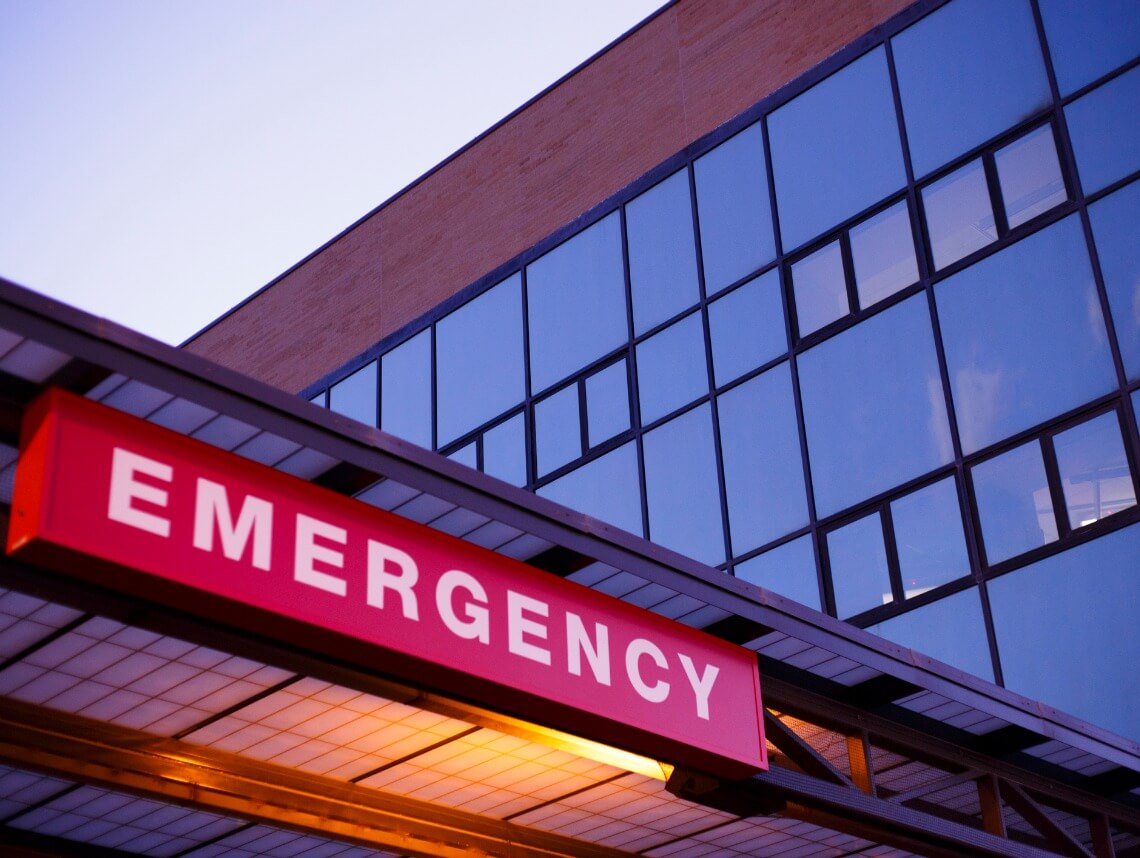As a family caregiver for your elderly loved one, one of your responsibilities is making sure that they stay as healthy as possible throughout their later years. Sometimes this means responding to urgent situations by bringing them to the emergency room for medical care.
Whether it is due to an illness, an infection, an injury, an accident, or some other concern, a trip to the emergency room is often just the beginning of a period of recovery, treatment, and management.
This means that handling their concern and getting them the care that they need does not stop with their visit to the emergency room. To ensure that they are truly able to get through this situation in the best way possible you must continue with their care and support even after discharge from the emergency room, and this means knowing when they might have to return.
Hospital readmission is a serious concern among elderly adults. This refers to when someone returns to the hospital within 30 days of their initial discharge, and it can put your aging parent at risk of a wide variety of serious issues including further infections and illnesses, injuries, delirium, and loss of motivation, as well as putting a strain on the medical system itself.
While many readmissions are unnecessary, sometimes it is critical that an elderly adult returns to the emergency room promptly. Understanding what to look for can help you to make the decisions that are right for your parent and the future of their health and well-being.
5 Signs You Should Go Back to the Emergency Room
It is extremely important to talk to the medical team before your parent leaves the emergency room so that they can give you any specific issues that you need to look for as your parent is recovering at home that might indicate that they need to return to the emergency room.
These indicators can change depending on the issues that your parent is currently facing and it is critical that you know these so that they can get the urgent attention necessary if needed.
Your parent should return to the emergency room if:
1. No Improvements
They are not showing improvements in their condition within the timeframe offered by the medical team.
2. High Fever or Signs of Infection
They have a high fever that does not respond to normal management efforts such as medication or show other signs of infection.
3. Delirium or Dementia Symptoms
They begin showing symptoms of delirium or dementia.
4. Potential Fall Risk
They show increased physical issues, such as increased fall risk.
5. Allergic Reactions
They show any signs of allergic reaction to their medications or to any treatments that they might have received, which can include hives, difficulty breathing, disorientation, and other symptoms.
Contact Care Options for Kids for Home Health Care Services
If your elderly loved one has recently spent time in the emergency room, now may be the ideal time for you to consider starting elderly home care for them.
Regardless of the issue that brought them to the hospital, the time after they return home can be integral in protecting the future of their health and well-being.
This is the time when hospital readmission becomes an issue and your loved one will also need to focus on recovering from the illness, injury, or other concern that had them seeking emergency medical attention.
The highly personalized services of an in-home care provider can ensure that they get the care, support, assistance, and other services that they need to manage their individual needs and challenges, prevent readmission, and maintain the quality of life and lifestyle that is right for them.
If your parent is at risk of needing additional care or the medical team has given you specific instructions as to what to look for in ensuring that they are recovering properly, this care provider can be especially beneficial. Being with your parent ensures that they can detect changes or issues that might be concerning so that they can alert you and your parent can get the continued care that they need.
If you or an aging loved one are considering home health care services, contact the caring staff at Care Options for Kids. Call today at (888) 592-5855.






